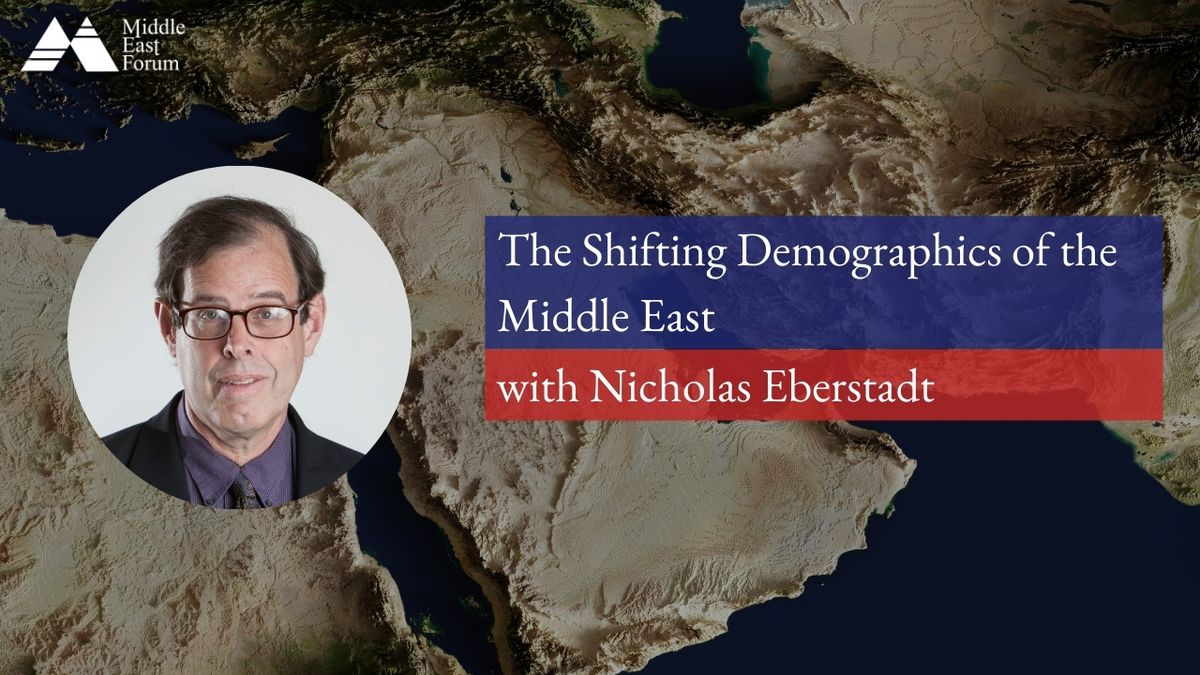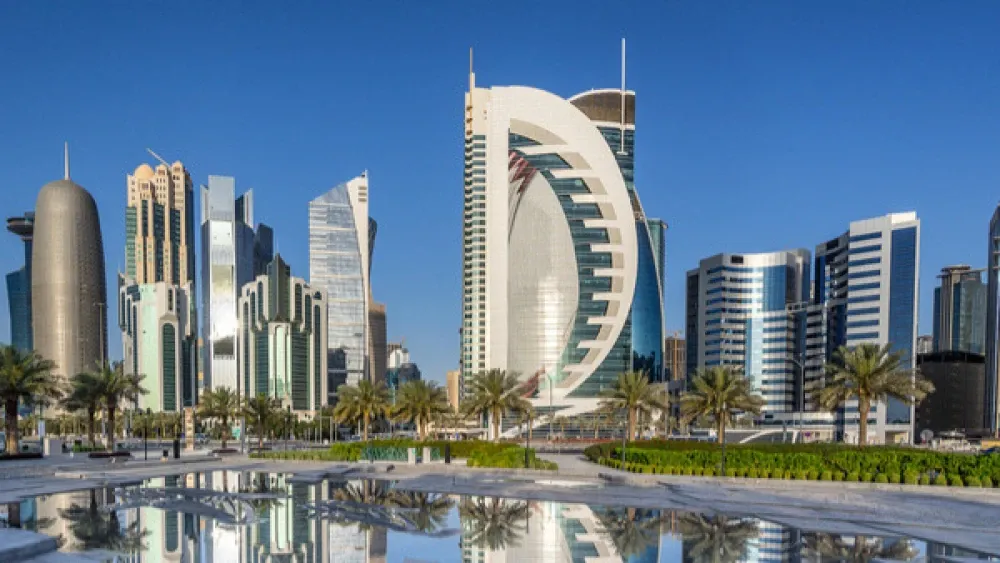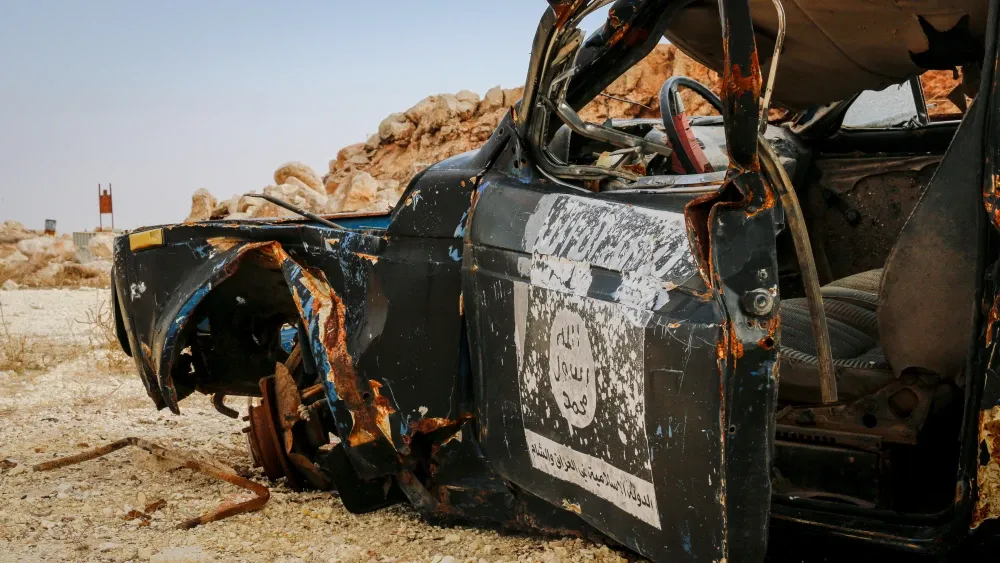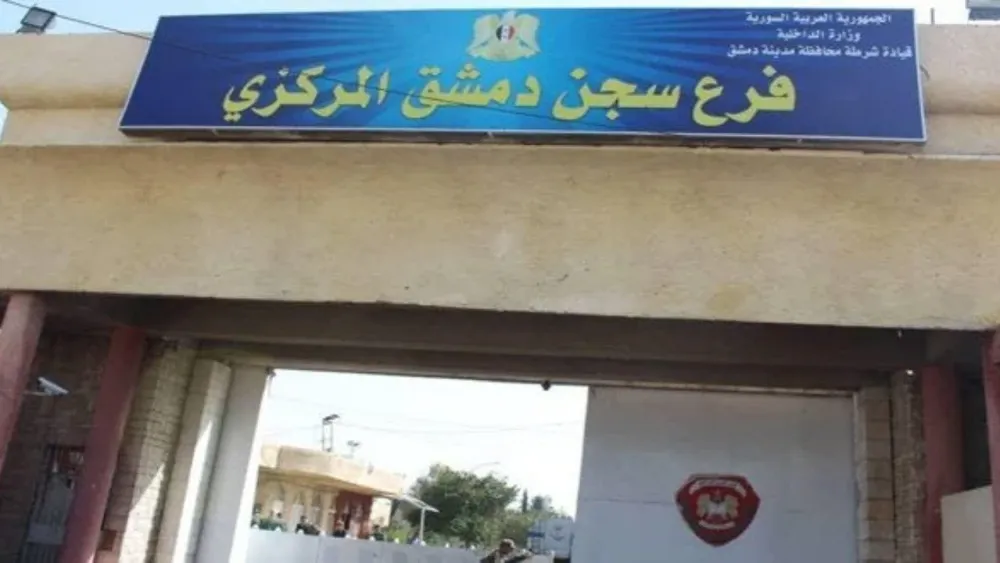| ||
 | ||
| MEF Dispatch: The Red Cross Fails the Test, Ongoing Reactions to Trump's Plans, and ISIS Fills a Void By Winfield Myers ● Feb 25, 2025 Smart Brevity® count: 7 mins...1803 words In this edition, we deplore the Red Cross’s inexcusable failures to fulfill its mission, best exemplified by its refusal to visit Israeli hostages held by Hamas. We examine President Trump’s plan to rebuild Gaza in light of the ever-present threat of hostile Qatari propaganda attacks on cooperative Arab states. Keeping with the new administration’s policy surprises, we ask if a future president will use Trump’s example in Ukraine to betray Israel. ISIS, meanwhile, is filling the power vacuum in Syria and could spread chaos well beyond its borders if left unchecked—an alarming situation that deserves immediate attention. Finally, we hear from a former Syrian prisoner who escaped torture and brutality when Damascus fell to Hayat Tahrir al Sham. | ||
News: MEF Exec. Dir. Gregg Roman to Highlight Failures in USAID’s Foreign Aid Program in Upcoming Congressional TestimonyWASHINGTON, D.C. – On February 26, 2025, Gregg Roman, executive director of the Middle East Forum (MEF), will testify before Congress about how over $122 million in USAID-approved grants ended up supporting radical and terror-affiliated organizations, including entities tied to Hamas, Hezbollah, and Al-Qaeda. Invited by Congresswoman Marjorie Taylor Greene, Chairwoman of the DOGE Subcommittee, Roman will call for an immediate pause on new foreign aid obligations, allowing the Trump administration to audit the system and prevent further funding from reaching extremist groups. Roman’s testimony will expose specific cases of U.S. aid being funneled to organizations that threaten American security and global stability, citing research led by Samuel Westrop, director of MEF’s Islamist Watch. He will propose urgent reforms, including stricter vetting, real-time tracking, and criminal accountability for those responsible. “Every misdirected dollar destabilizes conflict zones and puts American lives at risk,” Roman will warn, emphasizing that foreign aid must serve its intended purpose—helping those in need, not fueling violence. To read the full press release, click here. | ||
ICYMI: “The Shifting Demographics of the Middle East” with Nicholas EberstadtDemographic decline has arrived in the Middle East. This process is challenging long-held assumptions about the region’s resilience to global fertility trends. The Middle East was once thought immune or less susceptible to demographic decline due to cultural and religious norms. Now, countries like Iran and Tunisia are experiencing sub-replacement birth rates. As populations shrink and age, economic and geopolitical consequences loom. But why has this process begun? Is it merely a phase, or a permanent transformation? How will societies adapt? And what are the implications for the region’s future stability? Nicholas Eberstadt holds the Henry Wendt Chair in Political Economy at the American Enterprise Institute (AEI). He has authored numerous works, including Men Without Work: Post-Pandemic Edition (2022) and Lessons for an Unserious Superpower (2024). Dr. Eberstadt holds a Ph.D., MPA, and A.B. from Harvard University and an MSc from the London School of Economics. To watch the full podcast, click here. | ||
The International Committee of the Red Cross’s Gaza Failure Emboldens Dictators and Serial AbusersHamas's release of six Israeli hostages and the bodies of four murdered Israelis exposes the grave failures of the International Committee of the Red Cross (ICRC) under the U.S.-brokered ceasefire. Why it matters: The ICRC's blatant disregard for its humanitarian mandate under the 1949 Geneva Conventions has global repercussions.
Driving the news: In Azerbaijan, Armenian prisoners face similar fates as hostages, with torture and abuse rampant under the watch of a complicit ICRC.
The stakes: If the ICRC continues to falter, authoritarian regimes will see it as a powerless entity, paving the way for more egregious human rights violations.
To read the full article, click here. | ||
Middle East Forum 2025 Policy Conference – additional speakers announced, discounted tickets!Join us at the Middle East Forum’s 2025 Policy Conference, taking place May 19–21 in Washington, D.C. Statecraft Reimagined will gather leading experts, diplomats, and policymakers to discuss the most urgent and complex issues shaping the future of the Middle East. This extraordinary event is poised to be the premier Middle East policy gathering in D.C. this year, offering unparalleled insights, networking, and strategic guidance. We are also pleased to announce that, thanks to a generous contribution from an anonymous donor, we are able to offer a select few general admission tickets at a discounted rate of $550. These tickets are available on a first-come, first-served basis. Be sure to get yours now. To register, click here. | ||
Trump’s Plan vs. Qatari PowerGaza, controlled by Hamas and functioning both as a human shield and propaganda tool, finds itself further devastated after Hamas’s October 7 massacre. Amidst the rubble, U.S. President Donald Trump proposes a radical plan for Gaza. Why it matters: Trump's vision to transform Gaza into a "Riviera of the Middle East" could shake regional stagnation.
The big picture: Qatar maintains a dual role in the Middle East, supporting Islamist groups and giving shelter to extreme jihadists while hosting a U.S. military base.
The stakes: Without addressing Qatar's influence, talk of radical change in Gaza will only feed the region’s vicious cycle in which Qatar propagandizes against any new proposals for dealing with the Palestinians.
To read the full article, click here. | ||
Could a Future President Use Trump’s Ukraine Flip-Flop to Betray Israel?President Donald Trump's abrupt reversal on Ukraine, labeling President Zelensky a dictator, marks a stunning geopolitical shift. Why it matters: This pivot disrupts the broad bipartisan support for Ukraine and sets a precedent that could have lasting implications for U.S. foreign policy.
The big picture: There are parallels to U.S. support for Israel. While the U.S.-Israel partnership is decades long and bipartisan, there is an increasingly vocal progressive fringe in Congress that despises the partnership.
What's next: All U.S. allies must beware, but especially those like Israel who have become political footballs in Washington.
To read the full article, click here. | ||
ISIS Is Filling the Vacuum in SyriaISIS is reorganizing and measurably increasing activities in post-Assad Syria, where vast areas of the Badiya desert in central Syria are not controlled by either the new regime of Hayat Tahrir al Sham (HTS) or any other faction. Why it matters: ISIS is most active in this area, where the security void offers an ideal environment for it to expand.
The big picture: But ISIS’s defeat did not spell its demise. Since Assad's regime fell in December 2024, ISIS’s attacks have tripled.
What's next: With the potential withdrawal of 2,000 U.S. troops from the SDF-controlled region, the SDF may be forced to negotiate its own demise with the authorities in Damascus.
To read the full article, click here. | ||
Six Years in Assad's Prisons: InterviewA survivor from deposed Syrian dictator Bashar al-Assad's notorious prisons shares his chilling story of torture and survival, spotlighting the inhumanity of the former Syrian regime. Why it matters: Those imprisoned under Assad often faced torture and execution, a stark reminder of the brutality endured by countless Syrians.
The escape: When the prisoners around the interviewee heard of Damascus’s fall, they broke down the doors of the prison and escaped.
The stakes: The interviewee believes building relations with Israel could redefine Syria's geopolitical landscape and offer a path to stability.
To read the full article, click here. | ||
Further Reading: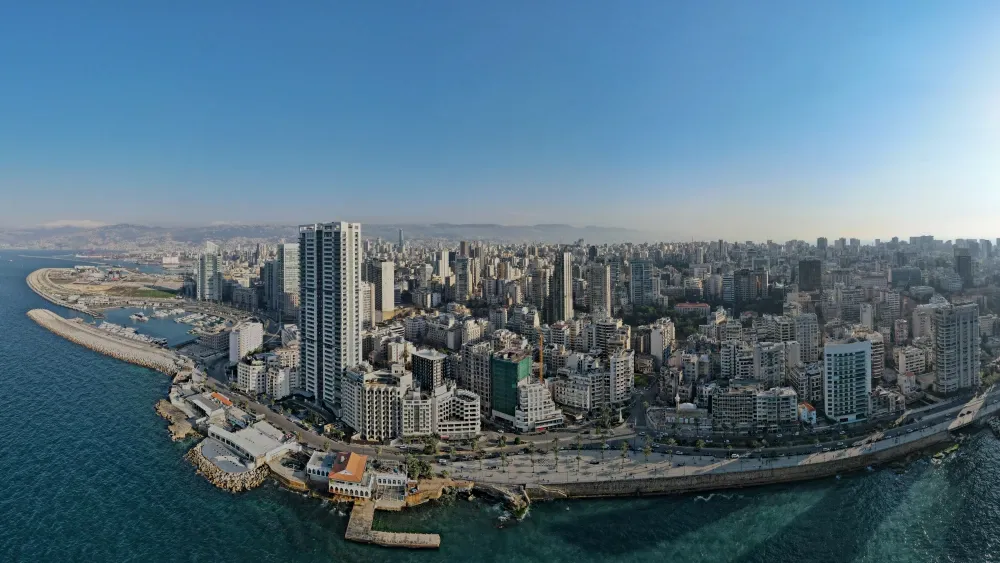
| ||
| The Middle East is never at rest, so another edition of the MEF Dispatch will be along soon. We thank you for counting on us to help you understand the latest developments in this complex, ever-changing region, as well as the influences—good and bad—that it exerts on our world. Stay tuned. Sincerely, | ||
| Was this edition useful? Your responses are anonymous | ||
| Powered by | ||
| ||


